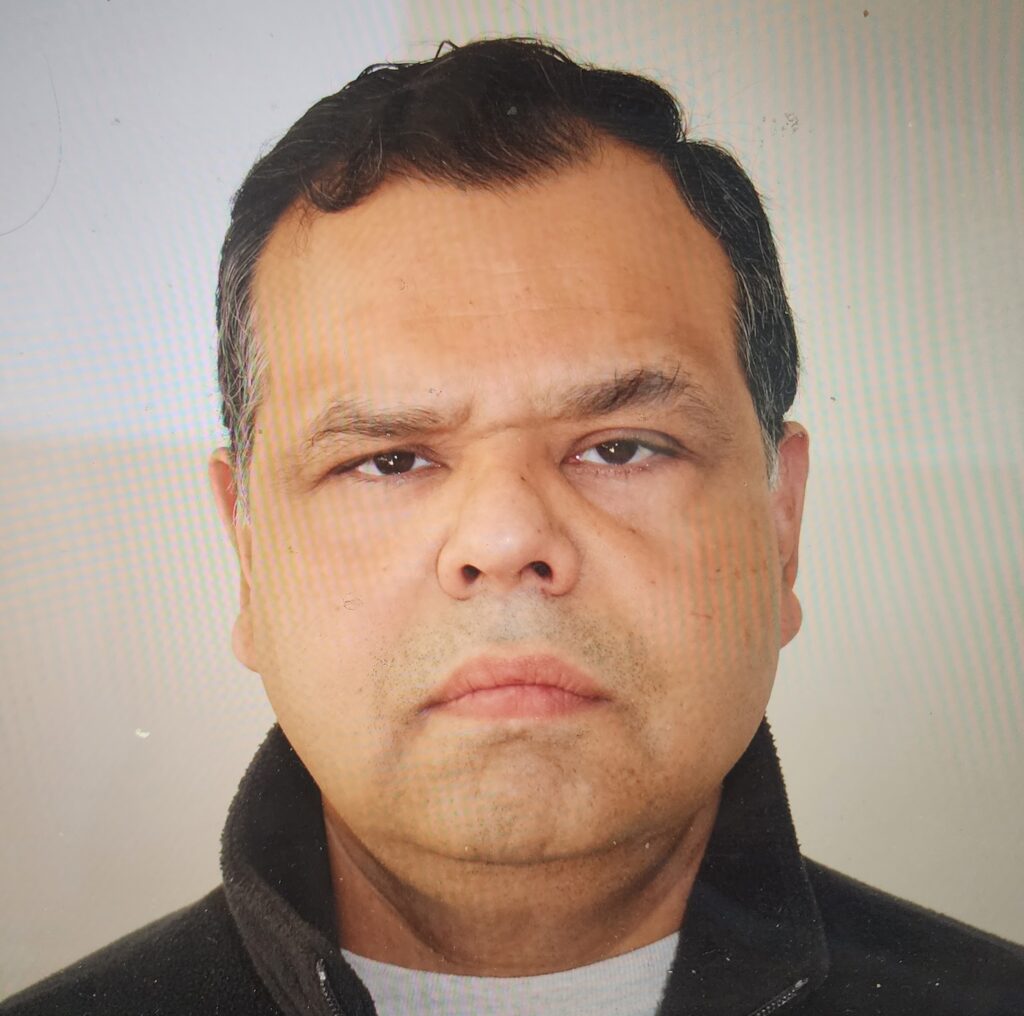Dr. Ranajeet “Ronnie” Ghose, a professor of chemistry and biochemistry at City College, was recently appointed the Interim Associate Provost for Research. He is preceded by Dr. Rosemarie Wesson who held the position for over three years.
Ghose has been part of the CCNY community for over 20 years and was previously the Chair of the College Research Council. While he doesn’t plan to stay in the position for an extended period of time, he felt a “sense of duty” to take the role until a permanent Associate Provost is identified through a national search.
“I am an active researcher, so any sort of difficulties anybody who’s trying to do research has faced I have faced myself.”

Dr. Ranajeet “Ronnie” Ghose
Having conducted research at City College for over two decades, Ghose sympathizes with the barriers that researchers face at CCNY. Although he understands most of these issues prevail due to the existing bureaucracy that is embedded within the CUNY system, he hopes to bring attention to the issues that can be improved locally i.e., at CCNY by starting new plans with the hope that these will be continued in the future.
Ghose also wants to create a way for faculty to become more aware of the award opportunities available to them as well as help them administratively identify the grants they are eligible for and encourage them to apply, something Wesson began to do during her time as Associate Provost. Hiring an extremely competent individual in the Research Office by Wesson to help faculty with grants is an excellent step in that direction.
“I would place most of the barriers on research based on several, often competing, layers of bureaucracy between CCNY and the Research Foundation of CUNY (RFCUNY) and CUNY Central and the way we are funded compared to, say SUNY,” Ghose said.
According to Ghose, in traditional research institutions, the faculty can focus on applying for grants. Placing orders and paying bills is done through the purchasing department. In most cases, CCNY faculty shoulder these administrative tasks leaving less time for their research activities. Payment of Ph.D. students is another issue that is complicated by the several administrative barriers in integrating the CCNY and RFCUNY systems. There are several steps being taken to alleviate these issues to some extent but there is a long way to go before they are at par with even small research universities with significantly lower research activities than CCNY.
“They’re competing with the best with one hand tied behind their backs,” Ghose said about the researchers at CCNY.
Ghose emphasizes that the Grants & Sponsored Programs Office helps cut through the bureaucracy and help the faculty with their grants.
“They often go above and beyond, and they should be really appreciated for that,” he said.
Ghose hopes to improve funding from private foundations for the sciences to complement current funding sources from federal agencies, something he says the humanities do well.
Ghose’s initial interest in becoming a faculty member at CCNY was sparked by the construction of the New York Structural Biology Center consortium, situated on the CCNY campus — CUNY is one of the member institutions of this consortium. At that time, it gave him access to equipment in his field found in very few places in the world.
Currently, Ghose is studying the regulation of protein kinases, a family of enzymes that plays a crucial role in the regulation of various cellular processes and the transmission of signals within cells. Protein kinases are of great interest to the pharmaceutical industry in the development of drugs targeting many diseases including several cancers.
As a fundamental scientist, he is most interested in understanding the function of this class of enzymes.
Over the years, Ghose said his research interests have evolved as the frontier and techniques have advanced, stating that an institution’s adaptability in research is necessary to be competitive with the rest of the world.
“Any great university is defined to me by its research enterprise and its research output.”

Malina Seenarine is a recent graduate of Baruch College where she studied journalism and minored in theater. In addition to writing for The RICC, she’s a contributor for Baruch’s award-winning Dollars & Sense Magazine and wrote for the arts and news section of Baruch’s student-run newspaper, The Ticker. She’s also written for FSR magazine.